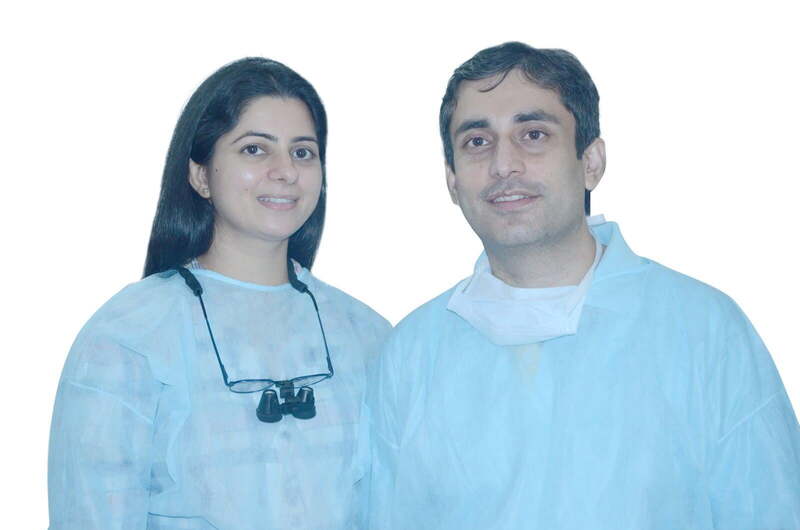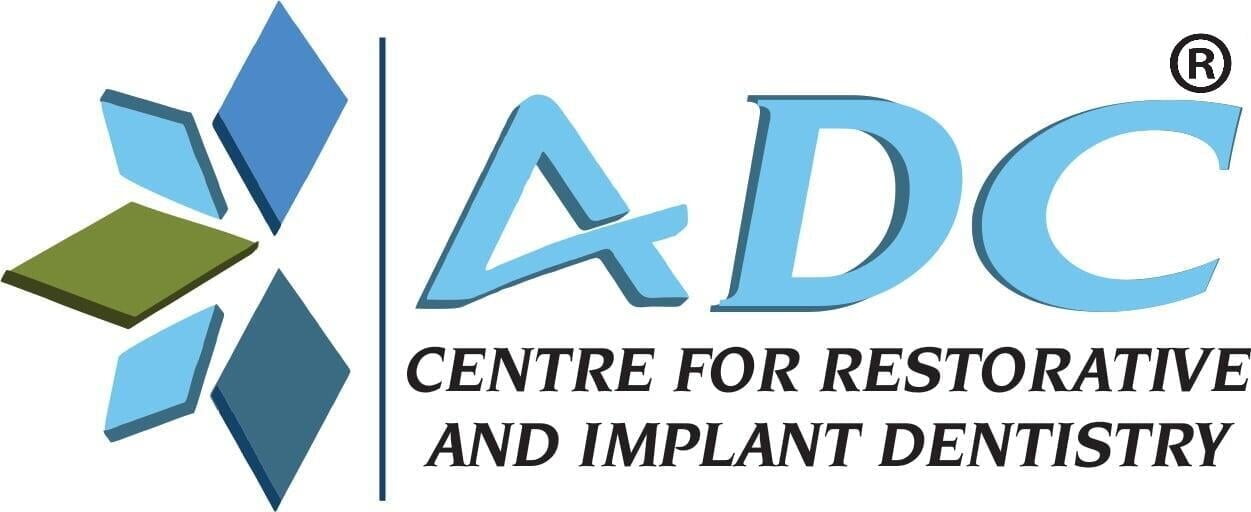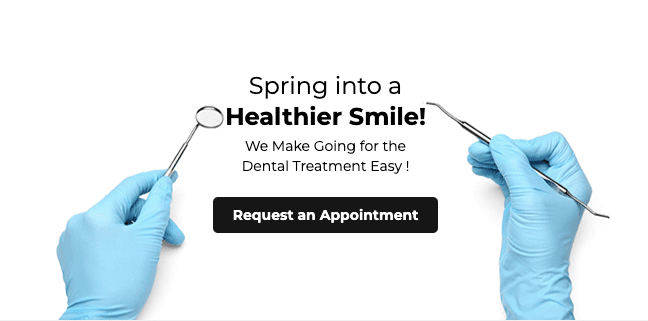Are you Experiencing Bad Breath?
Dental Issues are the most common cause of Bad Breath!
Halitosis, is also referred as "Chronic Bad Breath", can be caused due to dental problems, medical conditions, or lifestyle issues. Bad Breath occurs because of the bacterial overgrowth at various sites in the mouth. These bacteria can produce foul-smelling sulfur compounds, which result in an unpleasant odor or smell. Additionally, certain foods, poor oral hygiene, gum disease, and dry mouth can significantly contribute to the development of bad breath. In some situations, underlying medical conditions or lifestyle habits can also play a role in causing Halitosis.
Signs and symptoms:
- White coating on Tongue, particularly at back of Tongue
- Presence of Plaque and Tartar around Teeth
- Morning Bad Breath and sensation of Burning Tongue
- Sour and Metallic Taste in mouth
- Thick Saliva and need to clear the throat
- Excess Mucous production

More than 30% of people have bad breath on a regular basis and often causes them embarrassment, affects their social and professional life. Don’t be discouraged. There is a solution for you! Book an appointment with us and we’ll work to find the right solution for you.
Causative Factors:
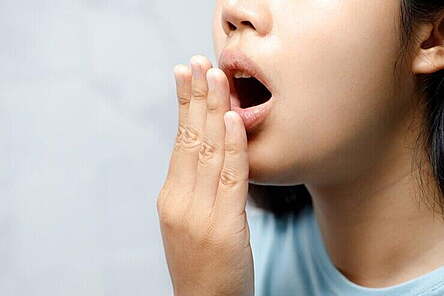
Medication
Some medications can contribute to dry mouth or have chemical compounds that cause bad breath.
Certain Foods and Drinks
Consuming certain foods like garlic, onions, and certain spices, as well as beverages like coffee and alcohol, can temporarily cause bad breath.
Poor Oral Hygiene, Gum Disease and Dental Problems
Poor oral hygiene, gum disease, and dental problems are the most common causes of bad breath (halitosis). When oral hygiene practices are not followed, bacteria in the mouth multiply leading to the inflammation and infection of the gums. It can cause persistent bad breath due to the presence of bacteria and plaque buildup along the gum line. Dental problems such as tooth decay, cavities, and infected teeth can also release odorous gases, contributing to bad breath.
To prevent bad breath, it is important to maintain good oral hygiene by brushing at least twice a day, flossing daily, and using mouthwash. Regular dental check-ups and professional cleanings can help detect and treat problems early.
Tobacco Use
Smoking and other tobacco products can leave a lingering odor in the mouth, leading to chronic bad breath.
Improper Dietary Habits
Irregular eating habits and patterns, regular fasting and low-carb diets can trigger halitosis due to the breakdown of fats for energy.
Some other causes of Bad Breath?
Your saliva can also be a reason! When you don’t produce enough saliva, you experience a situation called as dry mouth. Dry mouth can be caused by a problem with your salivary glands or the adverse side effects of some medications.
Some medical diseases and problems like cancer, acid reflux, and metabolic disorders have also been associated with bad breath.
If you recently had oral surgery (like a tooth extraction) it’s possible that the surgical site has become infected or has dry socket. This can cause a foul taste and odor in your mouth.
Food particles and dead cells collect on your tonsils and calcify into small white formations called tonsil stones. Tonsil stones are filled with bad bacteria. The result into Bad breath.
Dentures that don’t fit properly or aren’t cleaned regularly harbor food particles and bacteria that can make your breath smell bad. It’s just one of the many reasons why it’s important for your dental appliance to be custom fit to your mouth!
Some diseases, like Post-nasal discharge – for example, due to chronic sinusitis have also been associated with bad breath.
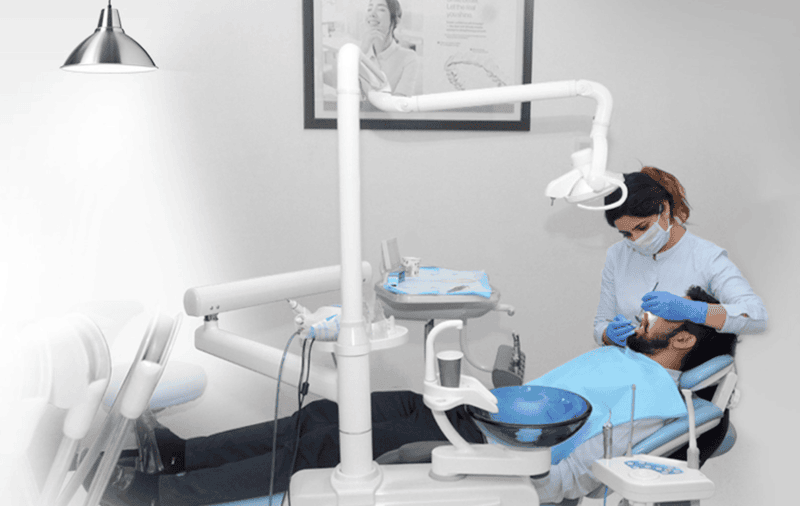
Treatment for Bad Breath
The treatment for bad breath depends on the proper diagnosis of the cause of the bad breath. Your dentist can help you uncover the exact reason for your bad breath, create a custom treatment for bad breath. Meanwhile the treatment for bad breath may include:
- Addressing Dental Problems: If dental problems are causing bad breath, appropriate dental treatments such as fillings, root canals, or tooth extractions may be necessary to eliminate the bad breath.
- Treatment for Gum Disease: If persistent bad breath is due to the presence of bacteria and plaque buildup along the gum line your dentist might consider Scaling, Deep Cleaning or even prescribing with medicated paste and medicated mouthwash.
- Self-care. Practise proper self care by brushing twice a day, flossing, and cleaning your tongue with a tongue scraper.
It is best advised to visit our office for treatment for halitosis, but some home remedies can help.
Home Remedies for Bad Breath
- Drink Plenty of Water: Stay well hydrated throughout the day to keep your mouth moist and prevent dry mouth, which can contribute to bad breath.
- Oral Probiotics: Consuming dental probiotics or foods such as yogurt or fermented vegetables, can help promote a healthy balance of bacteria.
- Warm Salt Water Rinses: Salt water rinsing can help reduce bacterial infection and swelling. It can also flush out any stuck food particles.
- Chew Sugarless Gum or Mint: Chewing sugar-free gum or mints can stimulate saliva production and help freshen breath.
- Herbal Remedies: Chewing on fresh herbs such as mint, parsley, or cilantro can help mask bad breath temporarily.
- Eat Fresh Fruits and Vegetables: Apples, carrots and celery help remove halitosis causing bacteria. Oranges help increase saliva production to fight bad breath.
- Avoid Triggering Foods such as garlic, onions, and spicy foods.
